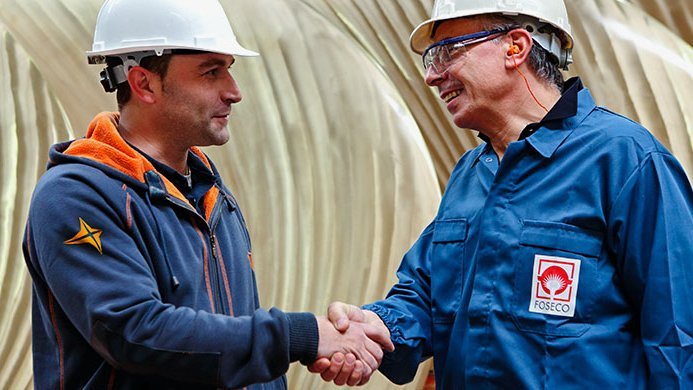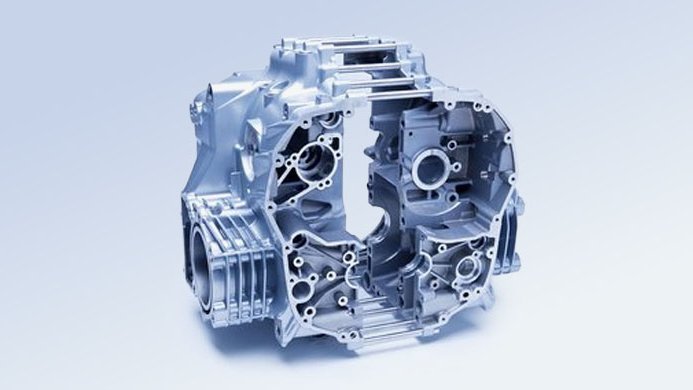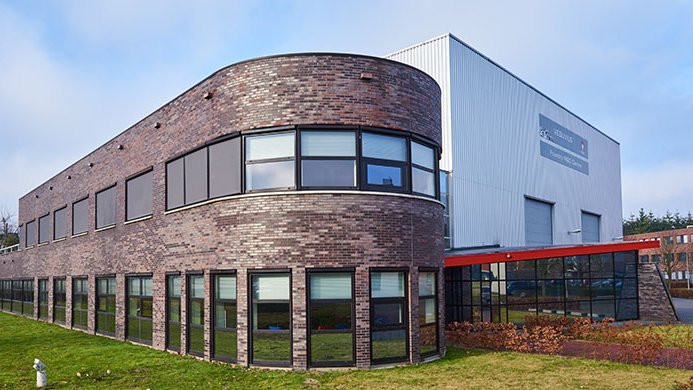
Magnesium casting alloys
-
Magnesium alloy castings are used for aerospace, automotive and electronic applications. Their main advantage is their light weight; typical magnesium alloys have a density of 1.8 g/ml compared with 2.7 g/ml for aluminium alloys. Aluminium is the principal alloying constituent of magnesium-based casting alloys with zinc and manganese also present in small amounts. Pressure diecasting is the most commonly used casting process and because of the low casting temperature (650–700°C), hot chamber diecasting machines can be used. Magnesium diecastings can be made with thinner walls than aluminium, allowing the overall weight of components to be substantially reduced and compensating for the higher alloy cost per kilogram. Gravity diecasting and sand casting are also used, particularly for more highly stressed castings. The use of high purity alloys with low levels of Fe, Ni and Cu improves corrosion resistance allowing their use in automotive applications exposed to road salt. The use of magnesium alloy diecastings in automotive components is growing rapidly as automobile companies seek ways of reducing weight. The most popular parts made at present for production cars are: instrument panel substrates, cross car beams, seat frames.




